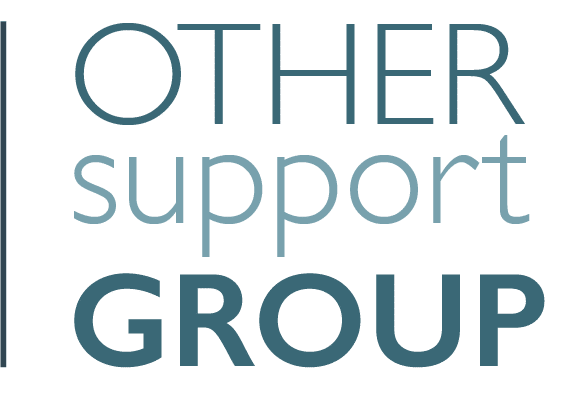The role of a chief executive officer (CEO) is challenging, demanding, and often comes with numerous ethical dilemmas. When a crisis hits, such as a financial meltdown, a product recall, or a scandal, the CEO’s decisions can have far-reaching implications for stakeholders, employees, customers, and the organization itself. This article explores the types of ethical dilemmas a CEO may encounter during a crisis and highlights the importance of ethical decision-making in such circumstances.
Balancing Transparency and Confidentiality
During a crisis, CEOs often find themselves caught between their responsibility to provide transparent information to stakeholders and the need to maintain confidentiality to protect the organization’s reputation. Disclosing too much information too soon can cause panic and harm stakeholders, while withholding vital information can erode trust. CEOs must strike a delicate balance to ensure transparent communication without jeopardizing the organization’s future.
Prioritizing Short-term Gains or Long-term Sustainability
In times of crisis, CEOs face the ethical dilemma of deciding whether to focus on quick fixes for the immediate situation or adopt a long-term perspective that ensures the organization’s sustainability. Making decisions driven solely by short-term gains, such as cost-cutting measures or compromising quality, may solve immediate challenges but can have severe repercussions on the organization’s reputation and long-term prospects.
Protecting Employees or Cutting Costs
Crisis situations often demand CEOs to make difficult decisions regarding layoffs, salary reductions, or cutting employee benefits to reduce costs. CEOs face the ethical dilemma of balancing the financial viability of the organization with the well-being and livelihoods of their employees. Striving to protect employees’ interests while maintaining the organization’s health requires careful consideration and empathetic decision-making.
Balancing Stakeholder Interests
CEOs must navigate their obligations to diverse stakeholders during a crisis, including employees, customers, investors, suppliers, and the community. Each stakeholder group may have conflicting interests and demands that can create ethical dilemmas. CEOs must strive to find solutions that consider the interests of all stakeholders and minimize harm to any group.
Mitigating Legal Risks or Upholding Ethical Principles
In the face of a crisis, legal obligations and ethical considerations may come into conflict. CEOs must decide whether to prioritize adhering to






